Maintaining the health of your BMW’s engine starts with timely oil changes. For the B48 engine, sticking to the recommended oil change intervals can significantly extend its lifespan. Experts suggest changing the oil every 5,000 miles, with a strict upper limit of 7,500 miles. This interval ensures that the engine stays lubricated and protected from wear. BMW has shifted away from the outdated 15,000-mile recommendation to emphasize the importance of more frequent oil changes. Following these B48 engine maintenance tips keeps your engine running efficiently and helps you avoid costly repairs.
Key Takeaways
-
Replace the oil every 5,000 to 7,500 miles. This keeps your BMW B48 engine in good shape and prevents expensive fixes.
-
Use synthetic oil approved by BMW. It helps your engine work well and last longer.
-
Watch how you drive. Change oil more often if you drive in tough conditions like heavy traffic.
-
Look out for warning signs. Dashboard lights or strange engine sounds mean it’s time for an oil change.
-
Stick to a regular maintenance plan. This keeps your engine working well and helps its resale value.
Optimal Oil Change Intervals for the BMW B48 Engine
Manufacturer Guidelines for Oil Changes
BMW recommends specific oil change intervals for the B48 engine to ensure optimal performance and longevity. According to the manufacturer, you should change the oil every 10,000 miles or once a year, whichever comes first. However, many experts suggest a more conservative approach, recommending an interval of 5,000 to 7,500 miles for better engine health. This shorter interval helps maintain proper lubrication and reduces the risk of sludge buildup.
Using BMW-approved oil is essential to meet the engine’s specifications. The B48 engine operates under high pressure and temperature, making it crucial to use oil that meets the required viscosity and performance standards. Always refer to your vehicle’s owner manual for the exact specifications.
Tip: Keep a record of your oil changes. This habit not only helps you stay on schedule but also provides valuable documentation for warranty claims or resale purposes.
Adjusting Oil Change Frequency Based on Driving Conditions
Your driving habits and environment play a significant role in determining how often you should perform an oil change. If you frequently drive in stop-and-go traffic, tow heavy loads, or operate your vehicle in extreme temperatures, you may need to change the oil more often. These conditions put additional stress on the engine, causing the oil to degrade faster.
For highway driving or moderate climates, you can likely stick to the manufacturer’s recommended interval. However, if you notice a decline in fuel efficiency or engine responsiveness, consider shortening the interval.
Here’s a quick guide to help you adjust your oil change frequency:
-
Severe Conditions: Every 5,000 miles.
-
Moderate Conditions: Every 7,500 miles.
-
Ideal Conditions: Follow BMW’s 10,000-mile guideline.
Note: If you’re unsure about your driving conditions, consult a trusted mechanic or use BMW’s onboard diagnostics system to monitor oil quality.
Warning Signs That Indicate an Oil Change Is Needed
Even with a set schedule, your BMW B48 engine may show signs that it needs an oil change sooner than expected. Pay attention to these warning signs:
-
Dashboard Warning Light: The oil change indicator or check engine light often signals that the oil is dirty or low.
-
Unusual Engine Noise: If the engine sounds louder than usual, it could mean the oil isn’t providing adequate lubrication.
-
Dark or Gritty Oil: Check the oil dipstick. If the oil appears dark or contains particles, it’s time for a change.
-
Decreased Performance: A sluggish engine or reduced fuel efficiency may indicate degraded oil.
Ignoring these signs can lead to severe engine damage. Regularly inspecting the oil and addressing issues promptly ensures your B48 engine remains in peak condition.
Reminder: Always use high-quality oil filters during an oil change. A poor-quality filter can allow contaminants to circulate, negating the benefits of fresh oil.
Recommended Oil Types for the BMW B48 Engine
BMW-Approved Oil Specifications
Using the correct oil is essential for maintaining the performance and longevity of your BMW B48 engine. BMW specifies oils that meet stringent standards to ensure compatibility with the engine’s high-pressure and high-temperature operating conditions. Look for oils that meet BMW’s Longlife-01 or Longlife-04 specifications. These certifications guarantee that the oil provides optimal lubrication, reduces wear, and minimizes deposits.
You can find this information on the oil container label. Always cross-check with your vehicle’s owner manual to confirm the recommended viscosity grade, such as 0W-20 or 5W-30. Using non-approved oils can lead to poor engine performance and may void your warranty.
Tip: Stick to BMW-approved oils to ensure your engine runs smoothly and efficiently.
Synthetic Oil vs. Conventional Oil for the B48 Engine
Synthetic oil is the preferred choice for the BMW B48 engine. It offers superior performance compared to conventional oil, especially under extreme conditions. Synthetic oil resists breakdown at high temperatures and flows better in cold weather, ensuring consistent lubrication. This is critical for the B48 engine, which operates with advanced turbocharging technology.
Conventional oil, while cheaper, lacks the durability and performance benefits of synthetic oil. It may degrade faster, leading to sludge buildup and reduced engine efficiency. For a high-performance engine like the B48, synthetic oil is worth the investment.
Reminder: Always choose synthetic oil that meets BMW’s specifications for the best results.
Choosing the Best Oil Brand for Your BMW B48
Several reputable brands produce oils that meet BMW’s stringent requirements. Castrol, Mobil 1, and Liqui Moly are popular choices among BMW owners. These brands offer oils specifically formulated for BMW engines, ensuring optimal performance and protection.
When selecting an oil brand, prioritize quality over cost. Cheaper oils may not meet the necessary standards, potentially causing long-term damage to your engine. Check for certifications like API SN or ACEA C3 to ensure the oil meets industry standards.
Pro Tip: Consistently using a high-quality oil brand can enhance your engine’s lifespan and maintain its performance.
Comprehensive Maintenance Schedule for the BMW B48 Engine
A well-structured maintenance schedule is essential for keeping your BMW B48 engine in peak condition. Regular servicing ensures optimal performance, prevents costly repairs, and extends the engine’s lifespan. Below, you’ll find a detailed breakdown of routine tasks, key milestones, and seasonal tips to help you maintain your vehicle effectively.
Routine Maintenance Tasks and Their Intervals
Routine maintenance tasks form the backbone of your BMW B48 engine’s care. These tasks should be performed at specific intervals to ensure the engine operates smoothly and efficiently. Here’s a quick overview of essential tasks and their recommended intervals:
|
Maintenance Task |
Mileage Interval |
Cost Range |
|---|---|---|
|
Coolant |
80,000 to 100,000 miles |
$30 – $200 |
|
Spark plugs |
15,000 to 60,000 miles |
$79 |
|
Ignition coils |
40,000 to 90,000 miles |
$169 |
|
Walnut blasting |
100,000+ miles |
$400 – $600 |
Tip: Always use high-quality replacement parts that meet BMW’s specifications to ensure compatibility and performance.
Key Maintenance Milestones: 10,000, 30,000, and 60,000 Miles
The BMW B48 engine requires specific maintenance tasks at various mileage checkpoints. Following these milestones ensures your vehicle remains reliable and efficient:
-
Early Mileage Checkpoints (0 – 30,000 Miles):
-
At 10,000 miles: Replace engine oil, oil filter, and inspect coolant levels.
-
At 20,000 miles: Check and replace fuel filters if necessary.
-
At 30,000 miles: Perform a major vehicle inspection, including brakes, suspension, and engine components.
-
-
Mid Mileage Maintenance (30,001 – 60,000 Miles):
-
At 40,000 miles: Change engine oil and replace spark plugs.
-
At 50,000 miles: Conduct a thorough inspection of the engine and other critical systems.
-
At 60,000 miles: Perform a comprehensive service similar to the 30,000-mile check.
-
-
High Mileage Intervals (60,001 – 90,000 Miles):
-
At 70,000 miles: Repeat the 40,000-mile service.
-
At 80,000 miles: Inspect and replace cooling system components, such as the radiator and hoses.
-
At 90,000 miles: Conduct a major inspection and replace wear-and-tear parts as needed.
-
Reminder: Keep a detailed record of all maintenance tasks. This documentation helps maintain your vehicle’s resale value and ensures compliance with warranty requirements.
Seasonal Maintenance Tips for the BMW B48
Seasonal changes can impact your BMW B48 engine’s performance. Adapting your maintenance routine to the weather ensures your vehicle remains reliable year-round:
-
Winter: Cold temperatures can affect your engine’s oil viscosity and battery performance. Use synthetic oil with the correct viscosity grade (e.g., 0W-20) to ensure proper lubrication. Check the battery’s charge and replace it if necessary.
-
Summer: High temperatures can strain the cooling system. Inspect the coolant levels and ensure the radiator is functioning correctly. Replace the coolant if it’s nearing the end of its lifespan.
-
Spring and Fall: These transitional seasons are ideal for a comprehensive inspection. Check the tires, brakes, and suspension for wear and tear. Replace the air filter to ensure optimal engine performance.
Pro Tip: Regularly wash your vehicle during winter to remove road salt, which can cause corrosion and damage to the undercarriage.
By following these b48 engine maintenance tips, you can ensure your BMW B48 remains in excellent condition, regardless of the season.
Common Issues and Solutions for the BMW B48 Engine
Identifying and Preventing Oil Leaks
Oil leaks are a common concern for the BMW B48 engine, but early detection and preventive measures can save you from costly repairs. Regularly inspect the engine for signs of oil seepage, such as dark stains under the vehicle or a burning smell during operation. Conducting a diagnostic trouble code (DTC) readout can help identify error codes that point to potential leak sources. Additionally, a borescope inspection of the cylinders allows you to visually assess the pistons and valves for any abnormalities.
Pay close attention to the oil filter housing and valve cover gasket, as these components are prone to wear over time. Replacing these parts with high-quality replacements during routine maintenance can prevent leaks. Always ensure the oil change process includes checking for proper sealing to avoid future issues.
Tip: Address oil leaks promptly to prevent damage to surrounding components and maintain optimal engine performance.
Turbocharger Maintenance for Optimal Performance
The B48 engine’s turbocharger plays a vital role in delivering its impressive performance. However, neglecting its upkeep can lead to reduced efficiency or even failure. To keep the turbocharger in top condition, ensure the engine oil is changed at the recommended intervals. Fresh oil provides the lubrication needed to protect the turbo’s moving parts from excessive wear.
Avoid aggressive driving immediately after starting the engine, as the turbocharger requires time to warm up. Similarly, allow the engine to idle for a minute before shutting it off to let the turbo cool down. This practice prevents heat-related damage to the turbocharger’s components.
Pro Tip: Use high-quality synthetic oil that meets BMW’s specifications to enhance the turbocharger’s longevity.
Addressing Carbon Build-Up in the B48 Engine
Carbon build-up is a common issue in direct-injection engines like the B48. Over time, carbon deposits accumulate on the intake valves, reducing airflow and affecting engine performance. Symptoms include rough idling, reduced fuel efficiency, and sluggish acceleration.
To combat this, consider walnut blasting, a cleaning method that removes carbon deposits without damaging the engine. Perform this procedure every 100,000 miles or as needed based on your driving conditions. Using high-quality fuel with detergents can also minimize carbon build-up.
Reminder: Regularly inspect the intake system during maintenance to catch carbon build-up early and maintain engine efficiency.
B48 Engine Maintenance Tips for Longevity
Benefits of Using High-Quality Fuel
Using high-quality fuel is one of the most effective ways to ensure the longevity and performance of your BMW B48 engine. Research shows that ‘top tier’ gasoline with detergent additives helps maintain engine cleanliness and smooth operation. This is especially important for direct-injection engines like the B48, which are more prone to carbon build-up.
High-octane fuel is particularly beneficial if your engine is tuned or operates under high stress. Many BMW owners report improved reliability and performance when using premium fuel. For instance:
-
One user successfully ran their car on a specific performance map for 15,000 kilometers without any issues, attributing this to consistent use of high-quality fuel.
-
Experts also highlight that premium gasoline contributes to the longevity of the fueling system, a critical component in maintaining the B48 engine’s efficiency.
Tip: Always opt for fuel that meets BMW’s recommended octane rating to maximize your engine’s potential and avoid unnecessary wear.
Importance of Monitoring Coolant Levels
Coolant plays a vital role in regulating your engine’s temperature and preventing overheating. Monitoring coolant levels regularly ensures that your B48 engine operates within its optimal temperature range. Low coolant levels can lead to overheating, which may cause severe damage to the engine block or turbocharger.
Check the coolant reservoir at least once a month or before long trips. Look for any signs of leaks, such as puddles under the car or a sweet smell near the engine bay. If the coolant appears dirty or discolored, replace it immediately. Using BMW-approved coolant ensures compatibility with the engine’s materials and prevents corrosion.
Reminder: Never open the coolant reservoir when the engine is hot. Wait for it to cool down to avoid burns or pressure-related accidents.
Regular Diagnostic Checks and Software Updates
Regular diagnostic checks and software updates are essential for maintaining the B48 engine’s performance. These checks help identify potential issues early, such as oil leaks or carbon build-up, allowing you to address them before they escalate.
Software updates are equally important. They prevent problems like locked DME (Digital Motor Electronics) units, which can restrict tuning capabilities. Factory transmission software often includes internal torque limitations that hinder performance. Updating the software ensures your engine operates at its full potential.
Pro Tip: Schedule diagnostic checks every six months and consult a BMW-certified technician for software updates. This practice keeps your engine running smoothly and avoids compatibility issues with aftermarket tuning.
Maintaining your BMW B48 engine requires consistent attention to oil changes and a structured maintenance schedule. These practices ensure the engine operates efficiently and avoids unnecessary wear. Using the correct oil and addressing issues like carbon build-up early can prevent costly repairs. Following these data-driven tips helps you maximize the lifespan of your engine.
By implementing these strategies, you can keep your b48-powered bmws running reliably for years. Regular care not only enhances performance but also preserves the value of your vehicle.
Reminder: Staying proactive with maintenance ensures your BMW delivers the driving experience you expect.







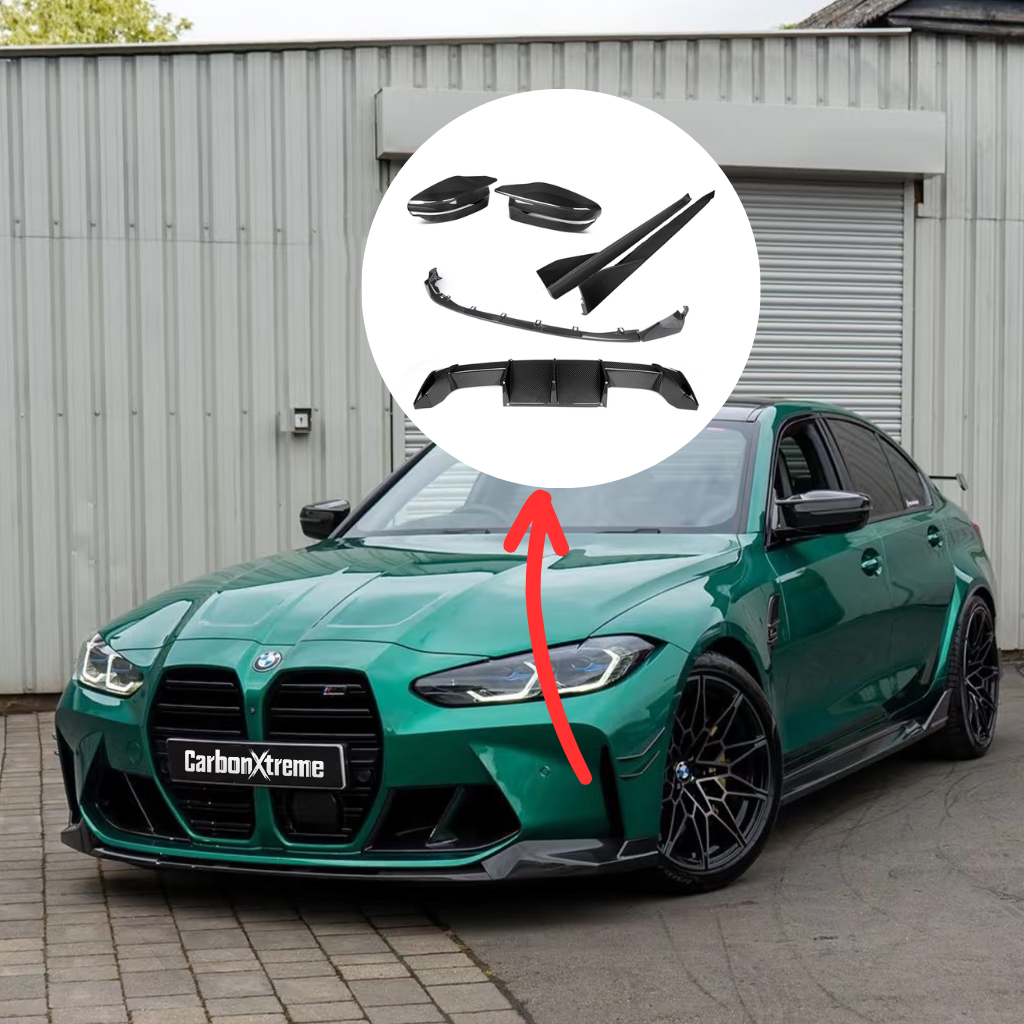
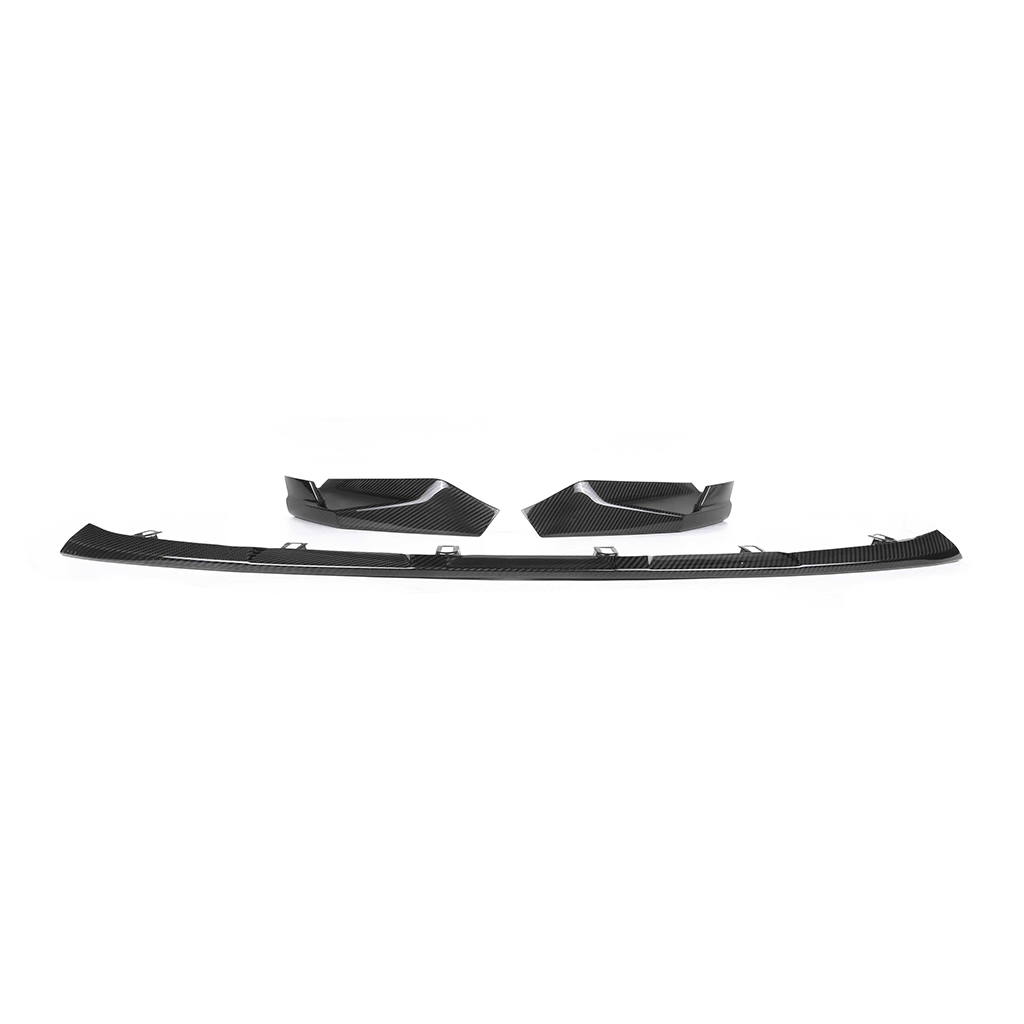
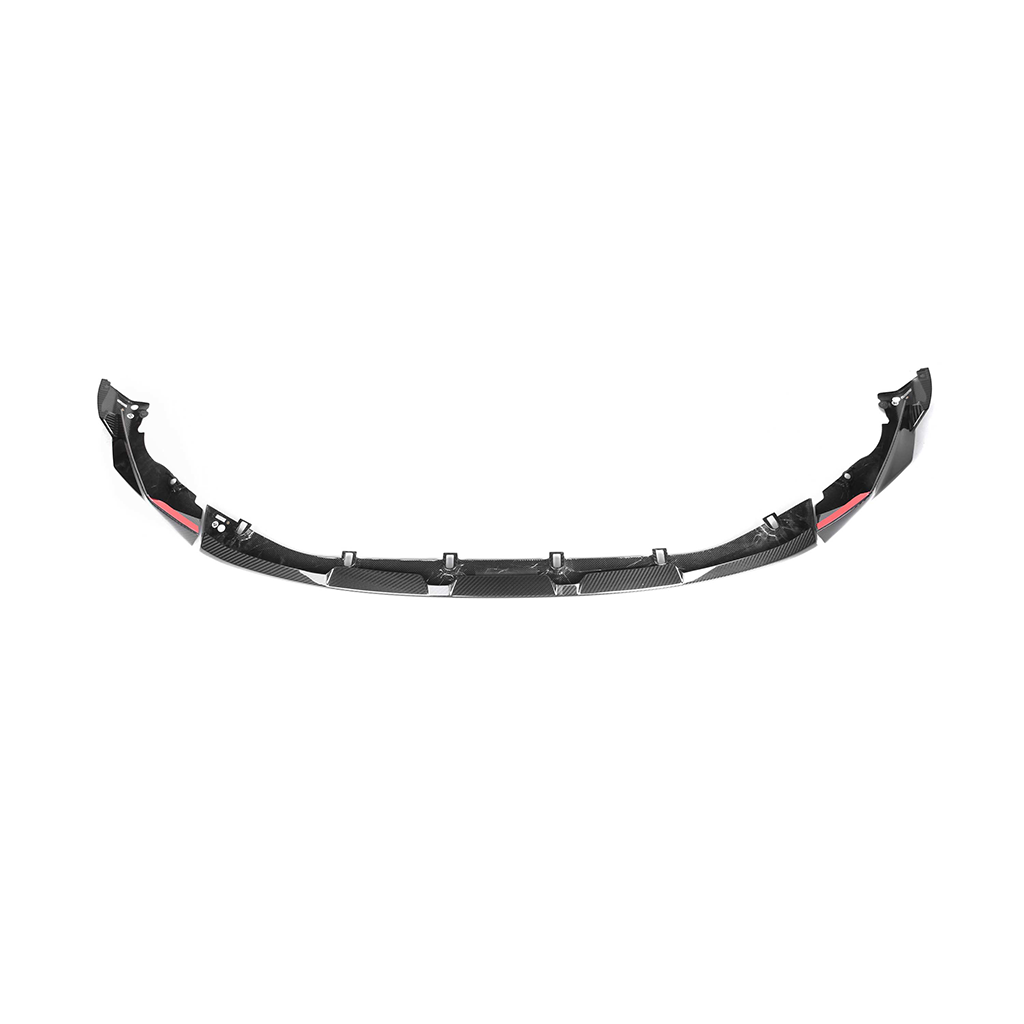
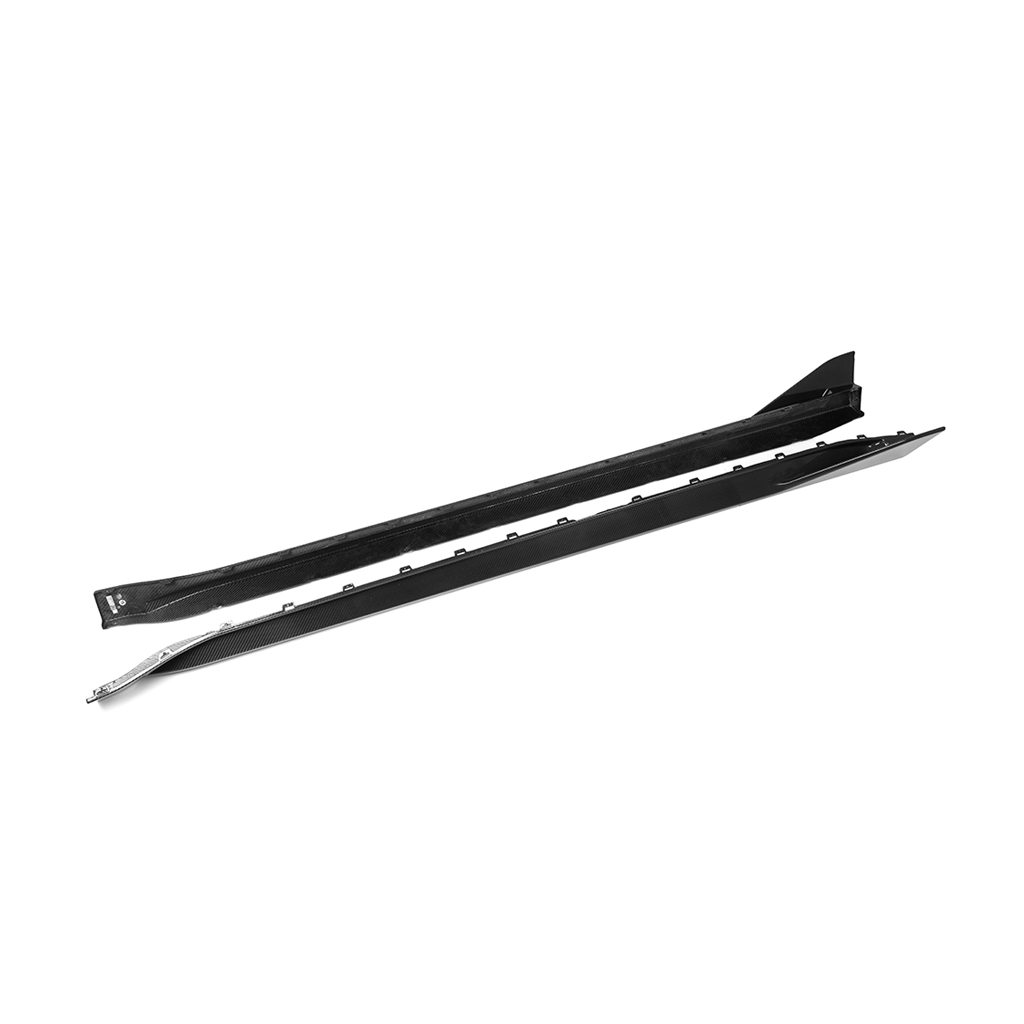
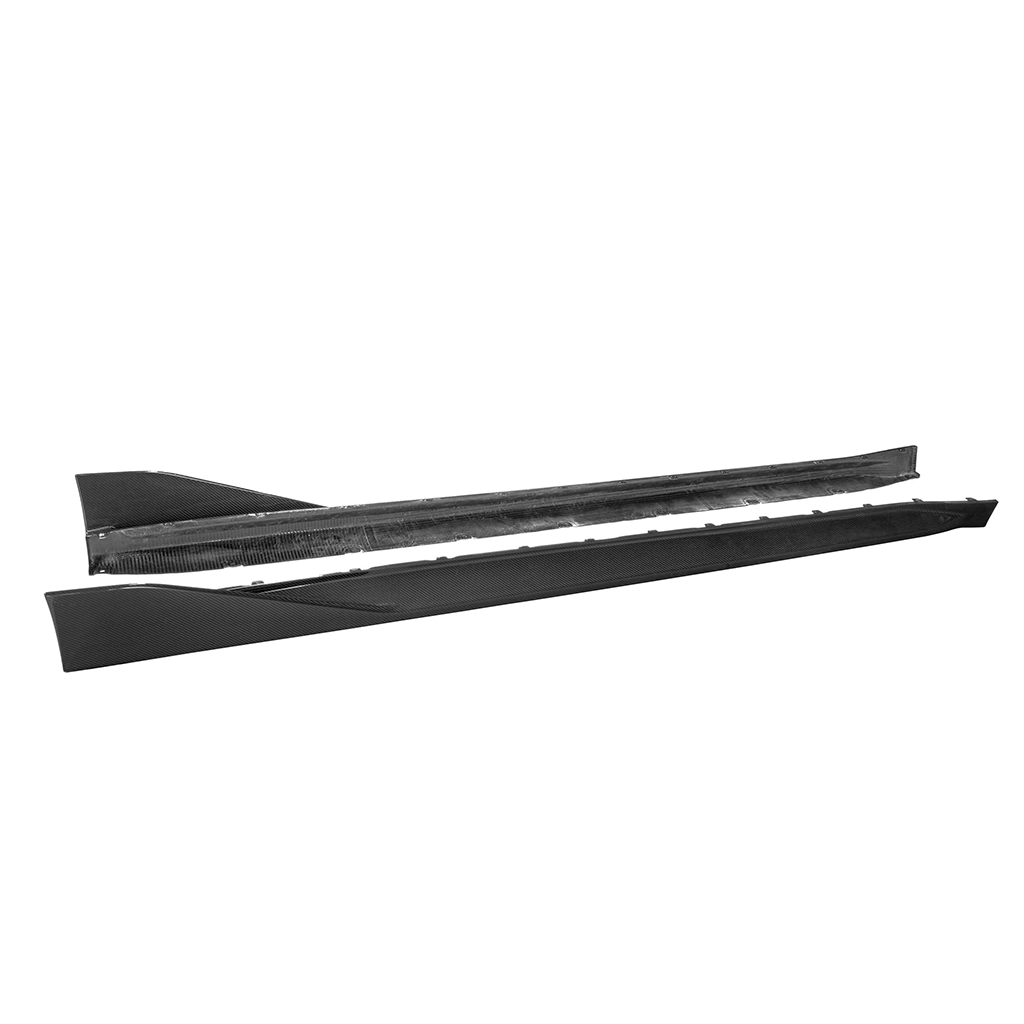




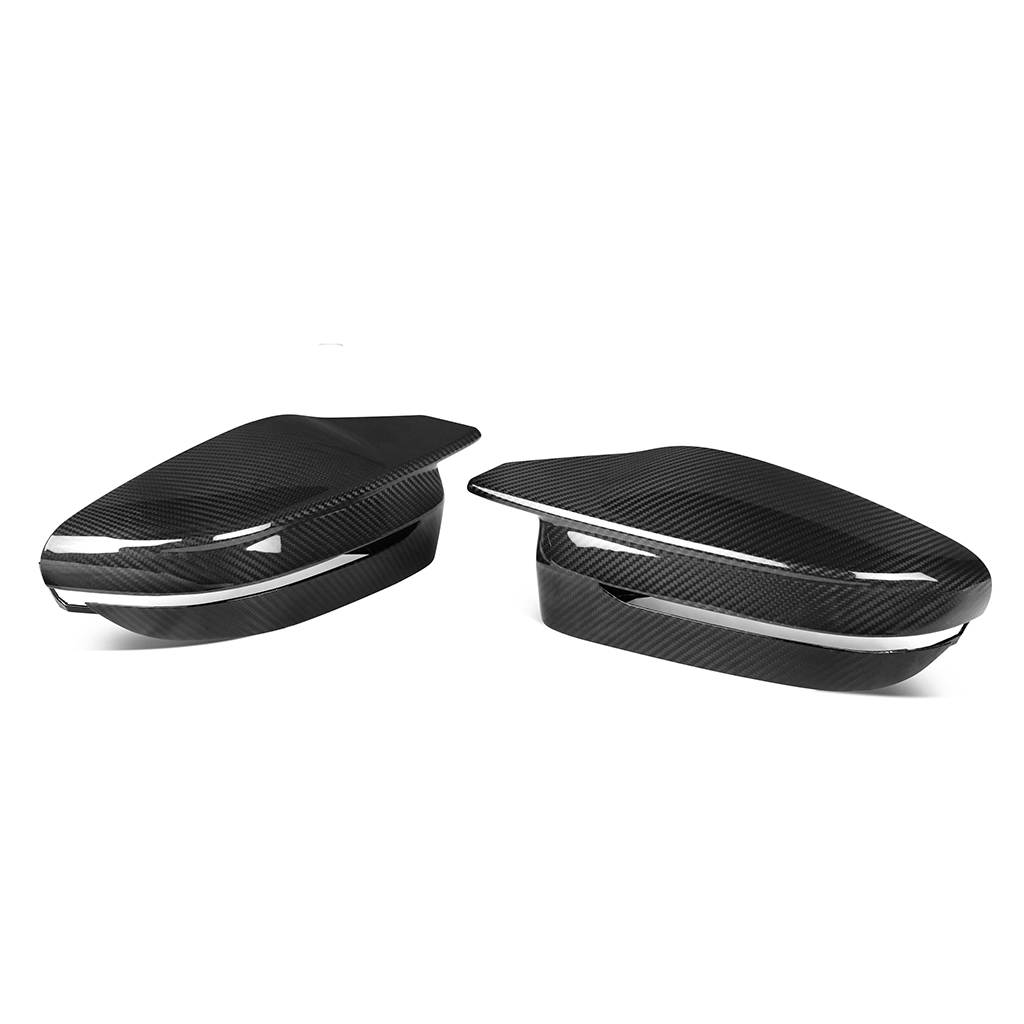

Share:
A Beginner’s Guide to GT Racing Classes Explained
W204 or W205 Choosing the Right Mercedes-Benz for Your Needs